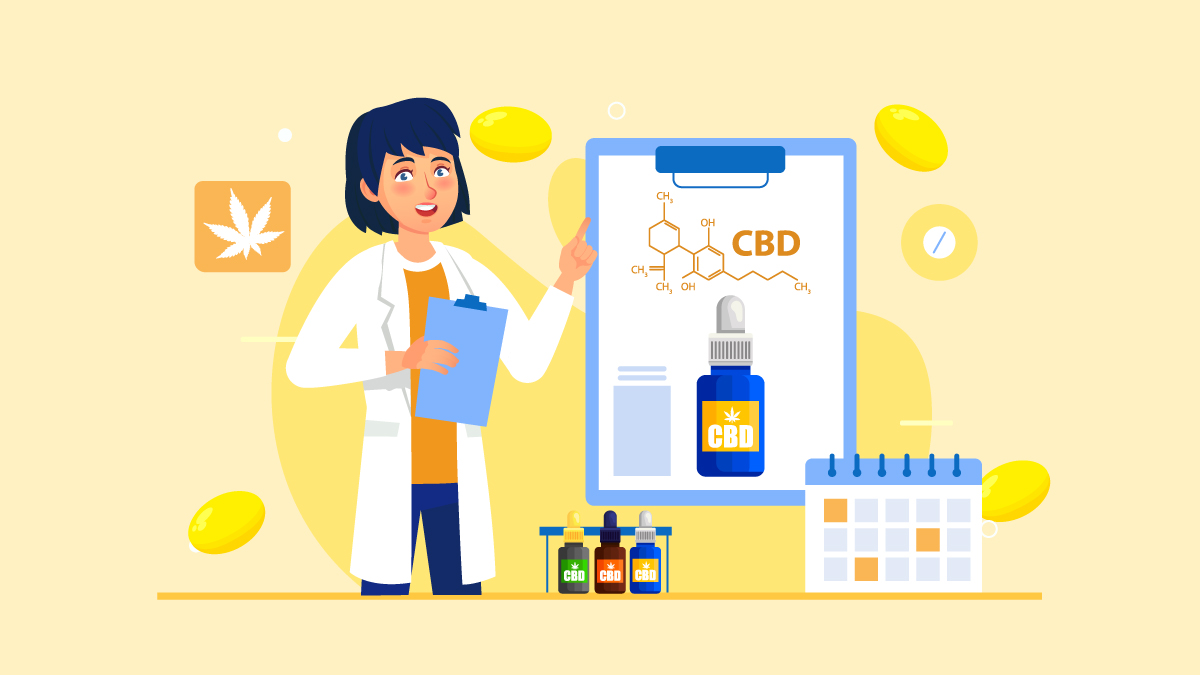Indicators on CBD Oil: 9 Science-Backed Benefits – Forbes Health You Should Know

The Buzz on Can CBD be Used to Treat Drug Addiction? - News-Medical

Proof likewise showed that it might have benefits in the treatment of tobacco and cannabis dependency. A 2019 research study found that cannabidiol may help in reducing drug yearnings, paranoia, impulsivity, and withdrawal symptoms connected with crack-cocaine dependency. While appealing, more research study is needed to understand how CBD might be made use of for the treatment of substance use conditions.
Its potential impact on mental health conditions such as anxiety and anxiety has actually been a specific sight for numerous. In addition to psychological health benefits, some research study shows that CBD may be useful for minimizing discomfort, alleviating nausea, and dealing with swelling. The World Health Company likewise suggests that CBD may be handy for treating conditions such as Alzheimer's disease, arthritis, cardiovascular illness, and diabetes.
Seizures Research study has discovered that CBD may assist lower seizures triggered by epilepsy. A 2018 research study of kids and grownups with treatment-resistant epilepsy discovered that the usage of CBD was connected with decreases in the frequency and severity of seizures. In 2018, the FDA approved Epidiolex, a CBD solution, for the treatment of unusual, extreme types of epilepsy.

No, It's Not Weed – Talon

Is CBD Addictive? Research and effects on longterm use
Getting My CBD And Addiction: What Role Could The Cannabinoid Play? To Work
For instance, one research study found that cannabidiol was useful for reducing signs of generalized stress and anxiety disorder (GAD), panic disorder, trauma (PTSD), and social anxiety disorder. More In-Depth recommend that CBD might have potential in the treatment of depression. For instance, one study found that CBD affects how the brain reacts to serotonin, which might have an antidepressant-like impact.

CBD Addiction: Can You Get Addicted to CBD?
This does not imply that CBD might not be helpful. It means that more research studies are needed to determine what CBD may treat, when it is best used, and what dose people ought to take. Adverse effects and Other Issues Present evidence suggests that CBD usage does not result in dependency which the compound may have a number of health benefits.
Some negative effects that might occur when taking CBD consist of: Stress and anxiety, Changes in hunger, Dizziness, Drug interactions, Drowsiness, Dry mouth, Gastrointestinal issues, State of mind changes, Queasiness Research study suggests that CBD is generally well-tolerated as much as doses of around 600 mg and as high as 1500 mg. However, it can frequently be challenging to determine just how much CBD you are actually taking.
